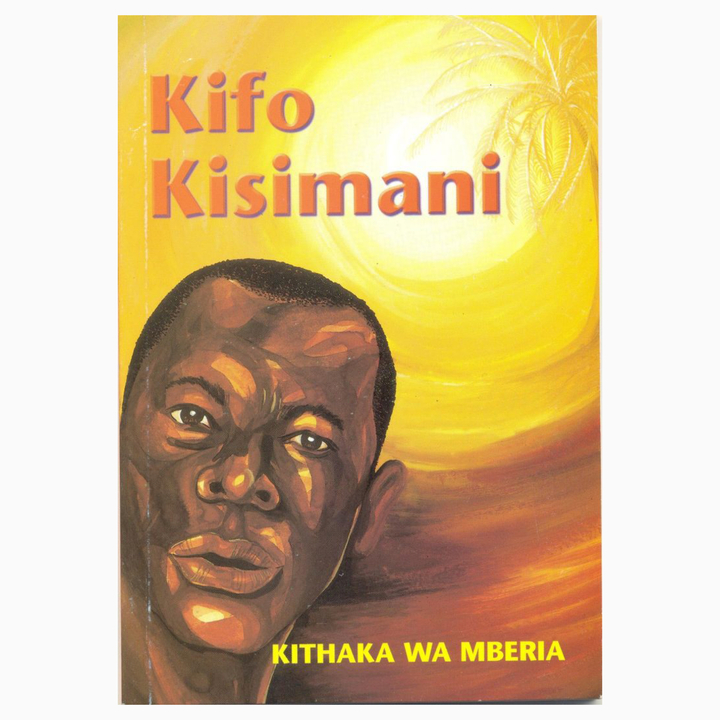Canola farming is gaining popularity in Kenya as farmers seek to diversify crops and improve income. Originally cultivated for its oil-rich seeds, canola is a versatile crop with immense potential in Kenya due to its adaptability to various climatic conditions and multiple uses. This article will explore why canola farming is a viable option, its benefits, and how farmers in Kenya can successfully cultivate it.
Canola is a type of oilseed plant from the Brassica family, bred from rapeseed to reduce harmful compounds. It is primarily grown for its oil, which is widely used in cooking, food processing, and biodiesel production. The seed meal left after oil extraction is a valuable feed for livestock, rich in protein.
High Demand for Canola Oil: Canola oil is healthier than most cooking oils, making it increasingly popular among health-conscious consumers. With Kenya's growing population and demand for healthier oil options, farmers have a lucrative market.
Climatic Suitability: Canola thrives in areas with moderate rainfall and cool temperatures, making it suitable for regions like Central Kenya, parts of Rift Valley, and Western Kenya. It grows well in altitudes between 1,500 to 2,500 meters, where temperatures range from 10°C to 25°C.
Short Growth Cycle: Canola takes about 90-120 days to mature, making it an ideal crop for farmers seeking quick returns. This short cycle allows farmers to plant other crops within the same year.
Soil Improvement: Canola has deep roots that help improve soil structure and break hardpan layers, making it beneficial for crop rotation. This deep rooting system also enhances nutrient absorption, improving soil fertility for subsequent crops.
To cultivate canola, ensure your soil is well-drained and loamy. Canola prefers soils with a pH between 5.5 and 8.0. Plowing and harrowing should be done to create a fine seedbed, similar to wheat farming practices.
Use certified seeds from reputable suppliers to guarantee high-quality yield. Canola varieties adapted to Kenyan conditions, such as the hybrid varieties from research institutions, are recommended for better resistance to pests and diseases.
The best time to plant canola in Kenya is during the long rainy season (March-May) or the short rainy season (October-December). Canola seeds should be planted at a depth of 2-3 cm with a spacing of 15-30 cm between plants and rows spaced 45-60 cm apart. The recommended seeding rate is about 4-6 kg per hectare.
Before planting, apply phosphorous-rich fertilizers such as DAP (Di-Ammonium Phosphate) to promote root development. Top-dress with nitrogenous fertilizers like CAN (Calcium Ammonium Nitrate) or Urea at early stages of plant growth to enhance leaf and stem development.
Weeds can significantly reduce canola yields, especially in the early stages of growth. Farmers should use herbicides or practice hand weeding to maintain a clean field. Common pests include aphids, flea beetles, and diamondback moths. Integrated pest management (IPM) practices, including the use of pesticides, crop rotation, and biological control, help manage these threats.
In areas with insufficient rainfall, supplemental irrigation is necessary, particularly during flowering and seed development stages. Efficient water management ensures high yields and oil quality.
Canola is ready for harvest when 70% of the seed pods turn brown, and seeds inside are black. This usually occurs about 90-120 days after planting. Harvesting should be done carefully to prevent seed loss, as canola pods are prone to shattering. The seeds are then dried to reduce moisture content before oil extraction or sale.
Market Access: While demand for canola oil is rising, farmers may face challenges accessing markets or buyers offering competitive prices. Forming cooperatives or partnering with oil processing companies can help address this issue.
Pest and Disease Pressure: Like other oilseed crops, canola can be affected by pests such as aphids and diseases like blackleg and sclerotinia. Farmers should invest in pest-resistant seed varieties and adopt good farming practices like crop rotation to mitigate these risks.
Limited Awareness: Canola is relatively new in Kenya, and many farmers are not aware of its benefits or how to grow it. Training programs and extension services are essential to promote its cultivation.
High Income Potential: Canola yields between 1.5 to 2.5 tonnes per hectare, with current market prices for canola oilseeds ranging between KSh 80 to KSh 100 per kilogram. This translates to a potential gross income of KSh 120,000 to KSh 250,000 per hectare.
Diverse Market Opportunities: Beyond oil production, canola by-products such as meal can be sold as livestock feed, offering farmers additional income streams.
Value Addition: Farmers can engage in value addition by extracting and selling canola oil, which fetches a higher price than raw seeds. Local processing industries present an opportunity for value-added products like biodiesel.
When it comes to canola farming in Kenya, choosing the right variety is essential for optimizing yields and ensuring disease resistance. While there are several canola varieties, the ones best suited for Kenya’s climate and soil conditions are typically those developed for moderate rainfall areas with cool temperatures. Here are some of the key canola varieties that Kenyan farmers can consider:
When choosing a canola variety, farmers should consider several factors:
Selecting the right canola variety for farming in Kenya is crucial for achieving high yields and maximizing profits. Hybrids like Hyola 420 and Pioneer varieties offer high yields, resistance to pests, and good oil content, making them ideal choices for large-scale commercial farming. Open-pollinated varieties like Atlas can also be a good option for smallholders looking for lower seed costs. Understanding local conditions and consulting agricultural experts will help farmers make the best choice for their farm.
Canola farming is a promising venture for Kenyan farmers, especially those in regions with favorable climatic conditions. Its growing demand, health benefits, and relatively short growth cycle make it an attractive crop for both smallholder and large-scale farmers. With proper cultivation practices, access to quality seeds, and market linkage support, canola can become a profitable addition to Kenya's agricultural portfolio.





